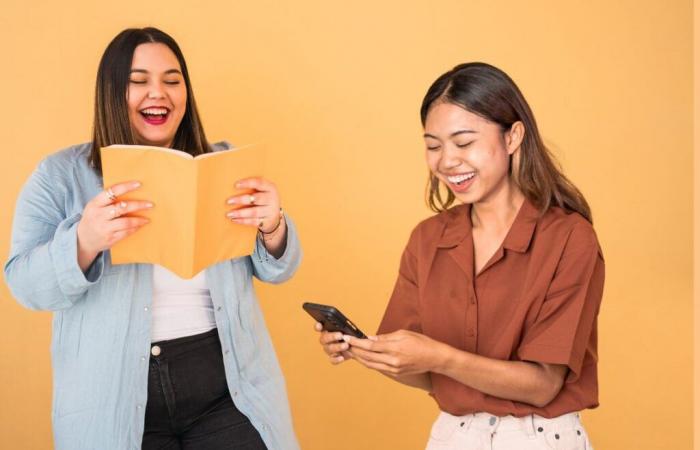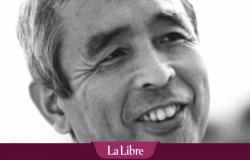
Since the new computer era, an eternal debate seems to arise: are Books better than screens? Who has never heard their grandparents extolling the merits of their era because they at least were not “glued to the screens”? But then, whether from a scientific or factual point of view, is there really a right answer when we ask ourselves what is best? We decided to search for you in all the recent scientific journals in order to provide you with answers and food for thought!
One of the first differentiating points from books to screens may seem obvious, but it is the one that makes all the difference. This is the physical side of the book. A book is touched and very often, we associate books with a pleasant, almost comforting smell. So obviously, if we only compare the nostalgic and physical aspect of the book, obviously we are missing out on something by confining ourselves to the screens.
Is digitization at all costs a problem?
One of the major problems identified is the digitization of all the works. And this, without any real distinction of literary genre. For example, we read a guide to autism in the same way as we read a classic of French literature, for example a novel by Voltaire. Whereas if we obtain the physical work, the sensations will in no way be the same. Where a brand new autism guide will smell new, an old novel will almost smell like our grandmother’s vacation home.
Many recent studies have looked into the subject. Indeed, already in 2003, researchers Murphy, Holleran and Esterly said: “the strategies required to understand traditional written texts are not the same as to understand digital texts. » But one of the main points highlighted by these studies, and in particular by that of Pablo Delgago and his associates carried out in 2018, is the age of digital media.
Books are much older than digital tablets or even computers. Thus, according to studies carried out on people who learned to read on paper media, reading will inevitably be more complex on digital media.
The book: a sensory landmark
Still according to the research of Delgago and his associates, the little extra of the book would also be its sensory side. For example, we know what to expect from a book based on its size, the number of pages or even the size of the text. Additionally, the fact that each physical book has a unique feature would allow us to remember it better. For example, if we read a book and we really liked the cover, we will have less trouble remembering it. Conversely, on a digital e-reader, each book is presented in the same way. So mnemonics are much less important.
This point is also validated by the results of a 2019 study carried out by Anne Mangen, Gérard Olivier and Jean-Luc Velay. During this study, participants had to read a long narrative text, either on paper or digitally. Although overall, the general understanding of the text was the same, the participants who read on paper were able to better remember where certain sentences were located in the text but also, in what order the events took place. On the other hand, according to a study conducted by Harvard researchers, reading on a digital medium can be very practical for people with a diagnosis of dyslexia. Indeed, they can more easily concentrate on each word, rather than being distracted by the content of the following pages.
-
What about the eyes then?
But then, now that we have looked at the cognitive part of reading, let’s try to see what it is for our eyes. One of the arguments against digital reading that seems to come up is that the blue light produced by screens can be problematic and hurt the eyes. This is particularly why many e-readers have a screen that perfectly imitates white paper. The latter has no artificial light. On the contrary, like classic paper, it uses the light that surrounds us!
But indeed, reading on paper would be less likely to cause visual fatigue in the long term. In addition, reading on a digital medium, therefore being exposed to blue light if you read before sleeping, you can easily have difficulty falling asleep.
However, to minimize visual fatigue, whether reading on a screen or with a book, there are techniques! For example, the 20-20-20 rule. The latter consists of reading for 20 minutes, then resting your eyes for 20 seconds, before starting again. All of course, while maintaining appropriate lighting in the room.
In conclusion, screens or books?
Thus, we can say that the choice between a paper book and a digital medium depends on personal priorities. If eye health and concentration are priorities, paper remains a preferred option, unless you opt for an electronic reader without blue light. However, science does not yet have a real answer as to which choice is best. Ultimately, it all depends on individual preferences!
In any case, it is important to adopt healthy reading habits, such as taking regular breaks, to limit eye fatigue and maximize the cognitive benefits of reading





